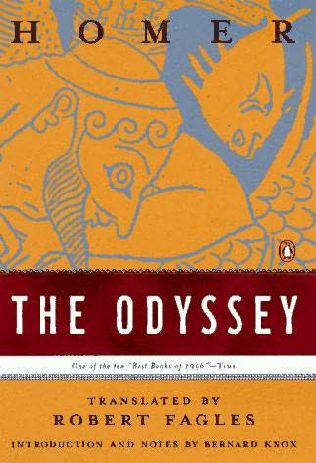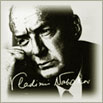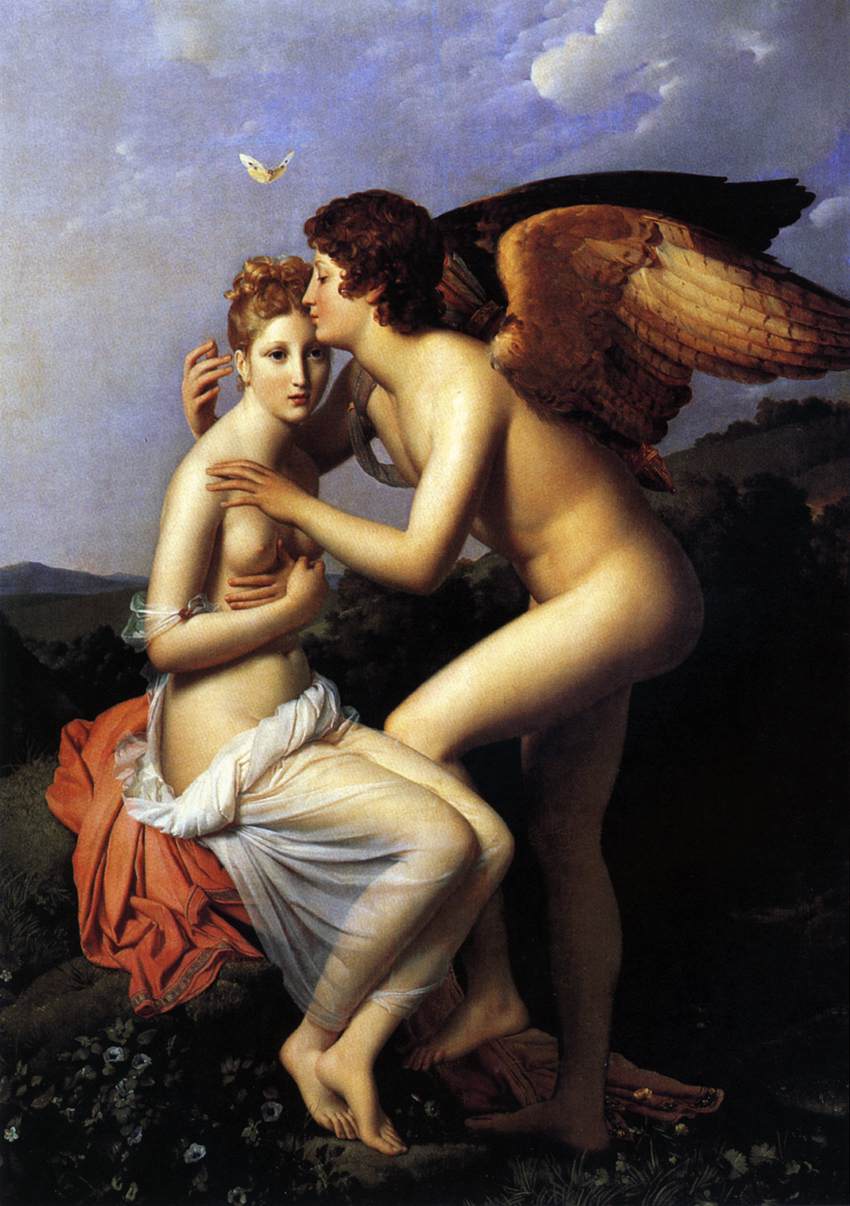
Some thoughts on Ong's 9 points: 9 ways in which the Oral culture is distinct from the literal
1) Additive not subordinate
thermostatLiterature changed the style of storytelling from additive to subordinate. In oral cultures all the details of the story had equal importance. When the "ands" were removed in translation, some parts and details were implicitly more important than others. Oral cultures do not like to subordinate.
2) Aggregative rather than analytic -
chalkboardInstead of simple integers like "soldier", we are given epithets that pay homage to his nature. Basic "soldier" becomes "brave and valiant soldier". As in this example, the epithets can sometimes being repeating the same idea twice. But thats better than leaving out the fact that he was brave all together, drawing the line at simply "soldier".
3) Redundant or copius -
Quiet DeskBecause in oral cultures a phrase dissapears as soon as it is uttered, it is important to repeat details that were already said to keep the listener and the speaker on track in the course of the story. In a literal scenario this would not be necessary: you just turn back a few pages if you feel you missed some important detail. In an oral epic this is not so. It requires constant repetition.
4)Conservative or Traditionalist -
ScreenSince oral storytellers are constantly repeating what they've been saying for ages, they tend to hold onto the ideas of the past and maintain a conservative sort of mindset.
5)Close to the human lifeworld -
Overhead projectorWithout manuals or lists to rely on as a memory aid, oral cultures must create elaborate schemes for recalling lines of lineage and names of persons, places and things.
6)Agonistically Toned -
Brown DeskThis is what we have called "flyting" in class. Writing "seperates the knower from the known" (Ong 44). This is still considered an art form today, "Stylized verbal tongue lashings" (Ong 44).
7) Empathetic and Participatory -
I think we have all experienced those moments when you get to the end of an assigned reading having no idea what you just read. Your mind wandered. When someone is talking to you, telling you a story, we feel more obliged to listen and have a response (although not always). Because oral cultures are more engaged in the stories told, there is a deeper sharing and understanding of the teller's and listener's emotions.
8)Homeostatic -
SnowmanThe snowman can adjust his body to never melt. Memories that no longer have relevance to the present, in an oral culture, are no longer mentioned and thus forfeited. Like we explained in class, the past without relevance to the present, disappears. Ong's example of the dictionary in this section was interesting I thought. There is no need for a dictionary in an oral culture, because words are only defined by their relevance to the immediate situation. Word meanings come continually out of the present. They are retained through current use.
9)Situational rather than abstract -
I forget which item in the classroom is supposed to mark this point, but what I will always remember is that this is the point Sexson used the phrase "like, uh, bitch" to explain. Although re-reading this section in Ong, I'm not totally sure how we got there in the class conversation?
Anyways Oral tradition is exceedingly concrete. In a written culture, you live continually in abstraction. Objects are concrete, the terms that we apply to them are abstract. Oral cultures use frames of reference that are close to the human lifeworld and thus, less abstract. I understood this difference better after reading the findings of A.R. Luria, who gathered extensive data on the differences between oral and literature cultures by interviewing subjects in different stages of literacy. Illiterate subjects identified shapes by objects that took that form, say, a plate rather than a circle or a door rather than a square. Circle is an abstract term that can be used to describe a wide range of circular shaped objects: thus, it is a very abstract word. A word like "circle" comes out of a literal, and thus, abstract culture.
And those are some very obvious psycodynamics of orality, in briefing. This is a topic in which extensive research has been done: comparing oral cultures to literate cultures. Mainly, the pysycodynamics of an oral exist and are linked to the fleeting nature of sound, which "exists only when it is going out of existence" (Ong 71). This makes an oral culture a very situational, up to date, existence.

















